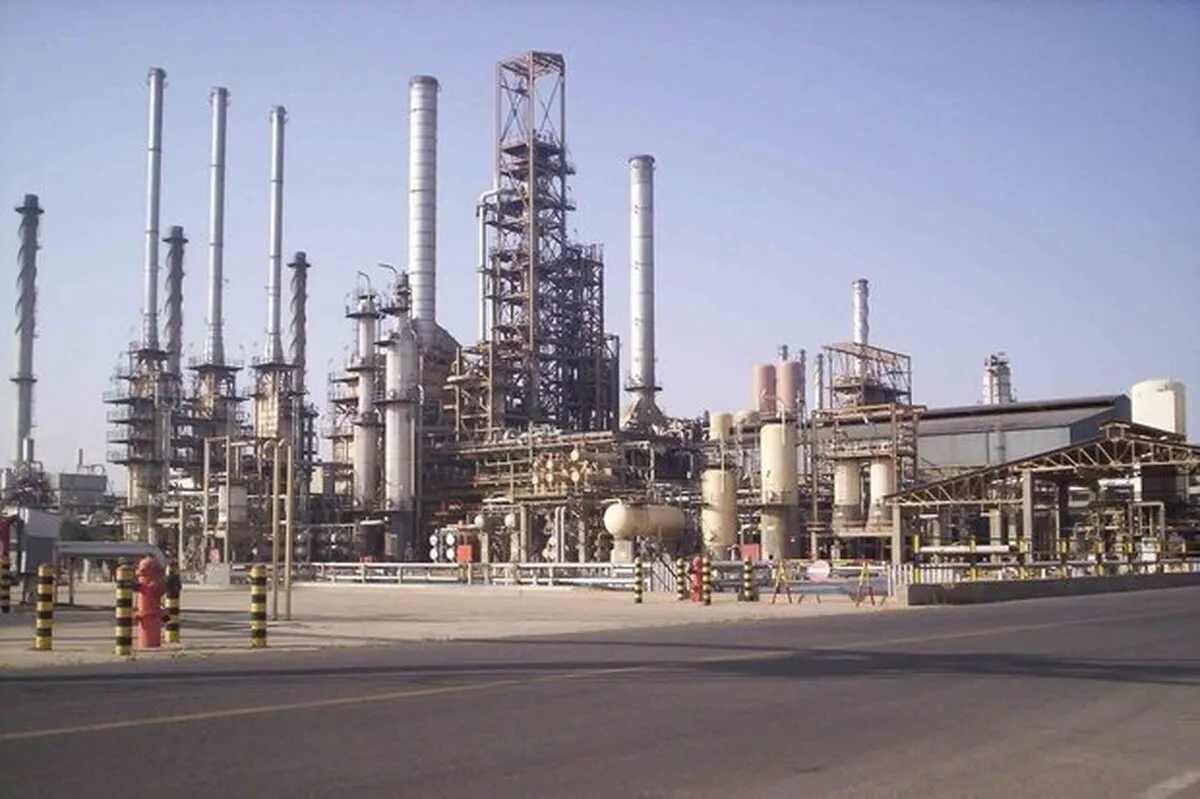Iranian Scientists Develop Nanocatalysts for Isomerization Process to Produce High-Quality Gasoline

‘Normal isomerization of hexane using polyexometallic nanocatalysts based on organic-metallic frameworks’ is the title of the thesis of Neda Rezayee, a PhD graduate in Chemical Engineering from Noushirvani University of Technology which was completed with the support of the National Science Foundation of Iran.
“Due to the importance of complying with environmental standards and the need to use up-to-date and efficient catalysts in the refining industry, in this research, normal isomerization of hexane was chosen in the vicinity of the best acid catalysts to improve their performance in the research process,” Rezayee said.
Noting that compliance with environmental standards in the isomerization process and finally in the gasoline production process and making a suitable acid catalyst for the isomerization process is one of the goals of this project, she said, “In this project, we are looking for a catalyst that has the highest efficiency and can provide more active sites for the isomerization reaction and remain active for a longer time.”
“The research showed that the super acid catalysts are suitable for performing the isomerization process due to their high acid properties but due to their deactivation, a suitable solution should be sought. For this reason, we focused on this issue and the results of this research are definitely applicable in the process of normal hexane isomerization,” Rezayee added.
“Finally, by making a suitable acid catalyst, the isomerization process can be advanced and the environmental risks caused by the production of low-quality gasoline can be reduced,” she stated.
Isomerization is defined as the transformation of a molecule into a different isomer, and it can adopt two distinct conformations: cis or trans.
Protein isomerization was first described in 1968 to dramatically affect protein conformation by disrupting the secondary structure of polypeptides.
4155/v





















